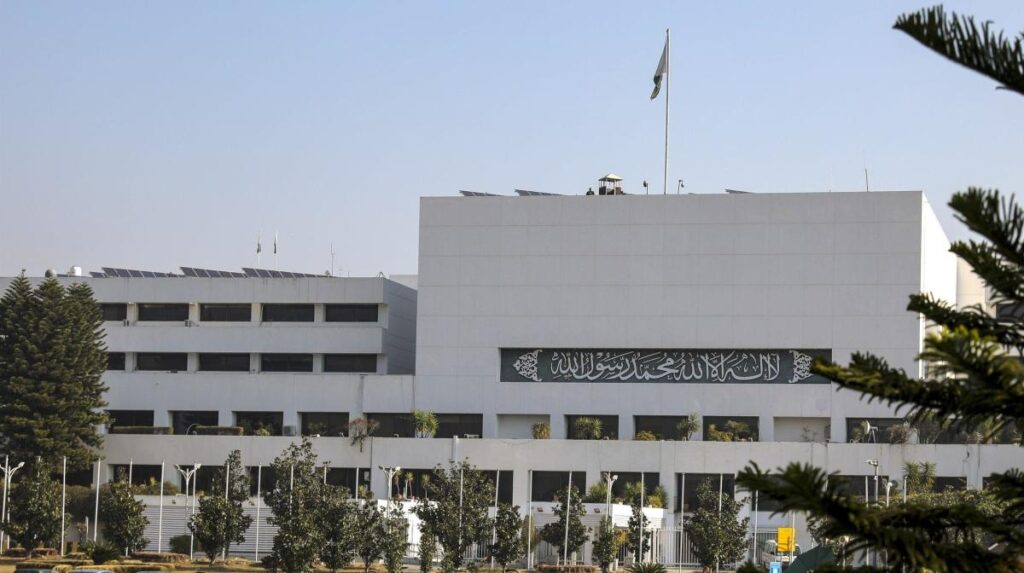Pakistan’s parliament is grappling with an unexpected adversary: a widespread rat infestation that has damaged official records and is causing concern among staff and visitors alike.

The scale of the problem came to light when an official committee requested records of meetings dating back to 2008. Upon retrieval, it was discovered that many documents had been severely damaged by rodents.
Zafar Sultan, spokesman for the National Assembly, acknowledged the severity of the situation. “The rats on this floor are so huge that even cats might be afraid of them,” Sultan told the BBC, highlighting the unusual size of the pests.
The infestation has become so pervasive that officials have allocated an annual budget of 1.2 million rupees (approximately $4,300 USD) specifically for rat control measures. This dedication of resources underscores the seriousness with which the government is approaching the issue.
According to parliament officials, the first floor of the building appears to be the epicenter of the infestation. This area houses not only the office of the senate opposition leader but also serves as the primary location for political party meetings and standing committees. The presence of a food hall on the same floor is suspected to be a contributing factor to the rat population’s concentration in this area.
While the rats generally remain out of sight during working hours, their nocturnal activities have become legendary among staff. “When there are usually no people here in the evening, the rats run around in there like it’s a marathon,” one National Assembly official reported, speaking on condition of anonymity. The official added that while long-term staff have grown accustomed to the rodents’ presence, newcomers and visitors are often startled by the sight.
The government has taken steps to address the problem, publishing advertisements in several Pakistani newspapers to solicit bids from pest control companies. However, the response has been lukewarm, with only two companies expressing interest thus far.

This rat infestation presents multiple challenges for the Pakistani government. Beyond the immediate concerns of hygiene and structural damage, there are potential long-term implications for the preservation of important government documents and the overall functionality of the parliament building.
The situation also raises questions about building maintenance practices and pest control measures in other government facilities across Pakistan. Environmental health experts suggest that the problem may be indicative of broader issues related to urban wildlife management in Islamabad, the nation’s capital.
As efforts to combat the infestation continue, the incident has sparked discussions about the need for more comprehensive pest control strategies in public buildings. It also highlights the unexpected challenges that can arise in the day-to-day operations of government institutions.
The Pakistani public has reacted to the news with a mix of concern and humor, with social media users sharing memes and jokes about the “parliamentary rats.” Some opposition politicians have seized on the issue as a metaphor for what they describe as broader problems within the government.
As the search for an effective pest control solution continues, Pakistan’s parliamentarians and staff are left to contend with their unwelcome rodent residents, hoping for a swift resolution to this unusual disruption in the halls of power.



